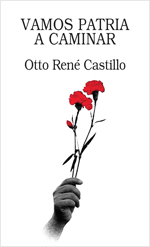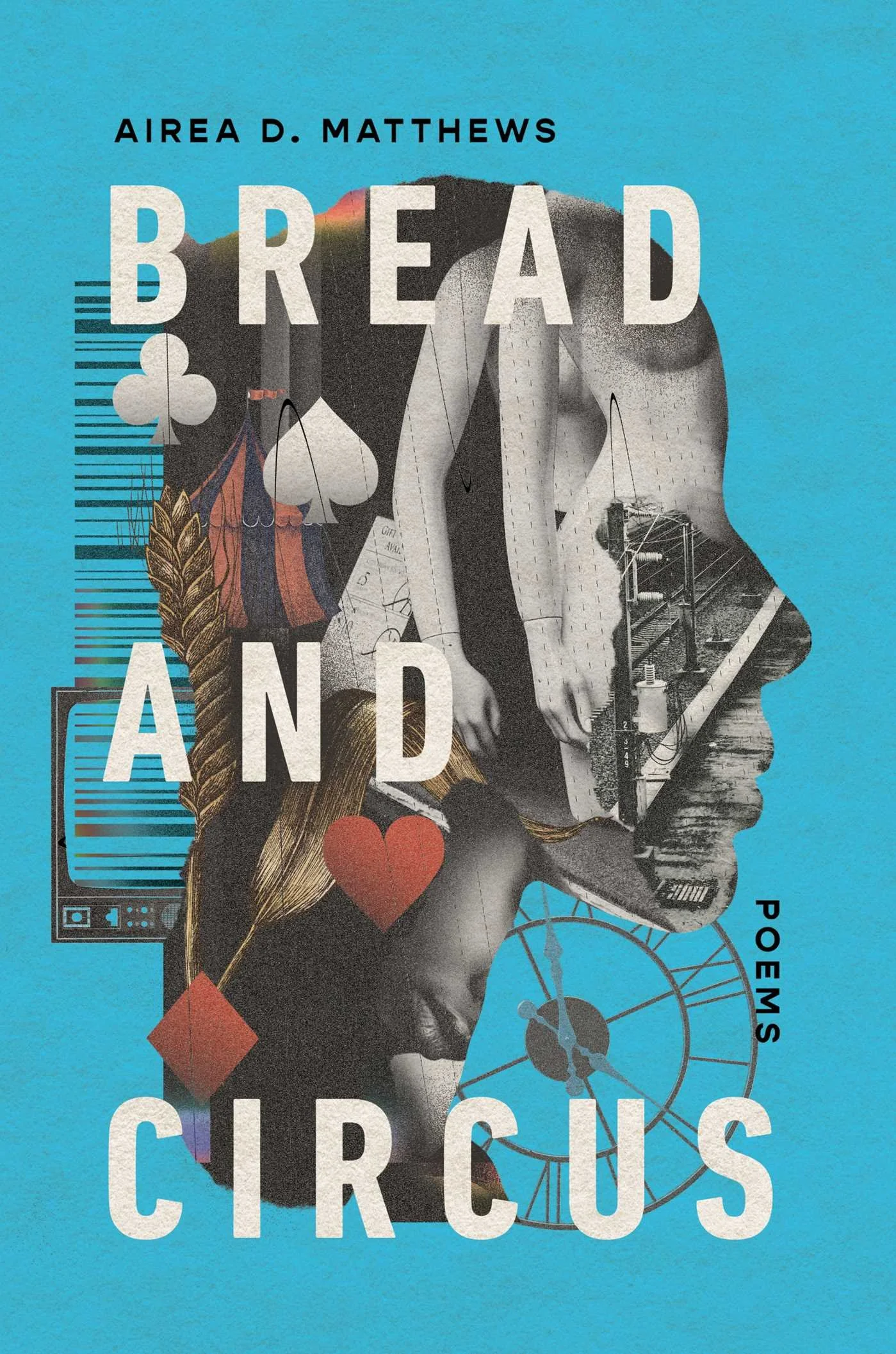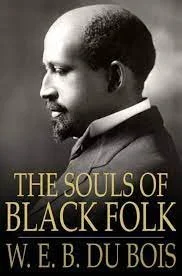In Everything for Everyone, the authors take an ambitious and promising premise and fumble it. The novel frames itself as an oral history project of an era in human history where crucial aspects of capitalism finally collapse and critical advancements to communism finally occur. The subjects of the interview are selected to provide a window into how particular aspects of this new world came to be or were experienced by someone who lived them.
As someone unread in many utopian novels, perhaps my eye is simply too critical of genre staples or a larger conversation happening. However, the conversations contained in the book irked me just as much as they managed to tickle my brain in an exciting direction. Take, for example, the interview with a scientist who worked on rehabilitating environments devastated by climate change. In the conversation, there is a mention of biotech, which refers to genetically engineered fauna and animals designed to restore balance to an ecosystem. What a lovely can of worms! What a great opportunity to explore the challenges of this Sci-Fi technology through a conversation, right? Wrong. They sidestep biotech in the interview, leaving me head-scratching about the missed opportunity and whether the authors are tempted by the idea of biotech, which to me at least feels obviously dangerous in key ways.
At other times, Everything for Everyone just reads as naive. Take, for example, the chapter on the liberation of Palestine that centers on nonviolent action. The book was written and published before the Hamas attack on 10/7/23, so I can’t blame the authors too much, but I felt my trust in the authors dwindle repeatedly after similarly naive moves. Take, for example, the interview about birth work. In the commune, family structure dissolved and communal care arrangements for children were figured out. Technology had advanced to the point that AMAB people could carry a child, and supposedly many were rushing to experience that. While I’m sure some men would take on the burden, the starry eyed way this portion is narrated just felt silly.
Maybe I’m a pessimist but the chapters I valued the most were the most traumatized and dark. There’s an interview with a Native American veteran who describes fighting in a nuclear war against Iran. There’s another with a survivor of a far-right Christian cult state compound. The characters and the situations felt truer. Even then though, the narratives skips through some of the most interesting parts: the veteran is so traumatized he can’t narrate coherently and the survivor of the cult is so traumatized they skip the most exciting bits of the escape.
Everything for Everyone may be a cooler book to discuss than to read, but even so, I’m mostly just left with disappointment at how cool this book could’ve been in sturdier hands. 2.5/5.








